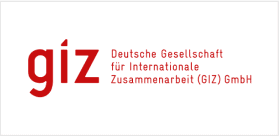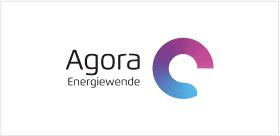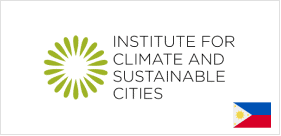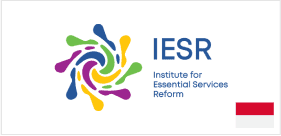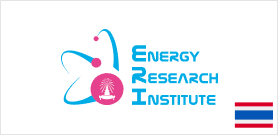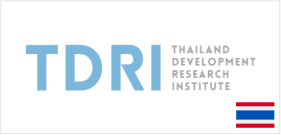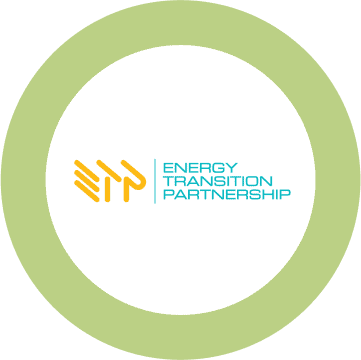What is CASE

The project Clean, Affordable and Secure Energy for Southeast Asia
Southeast Asia (SEA) is one of the fastest developing regions in the world, with some scenarios projecting overall energy demand to grow by 60% and power demand by 100% in 2040 compared to 2018 levels (IEA, 2019).
Although the region has a lot of renewable energy potential,
Already heavily reliant on coal power (40% of power generation in 2018), the region still has nearly 100 GW of new coal capacity in the pipeline as of January 2021 (Global Energy Monitor, 2021). As such, it remains one of the few global regions still planning to significantly expand coal resources.
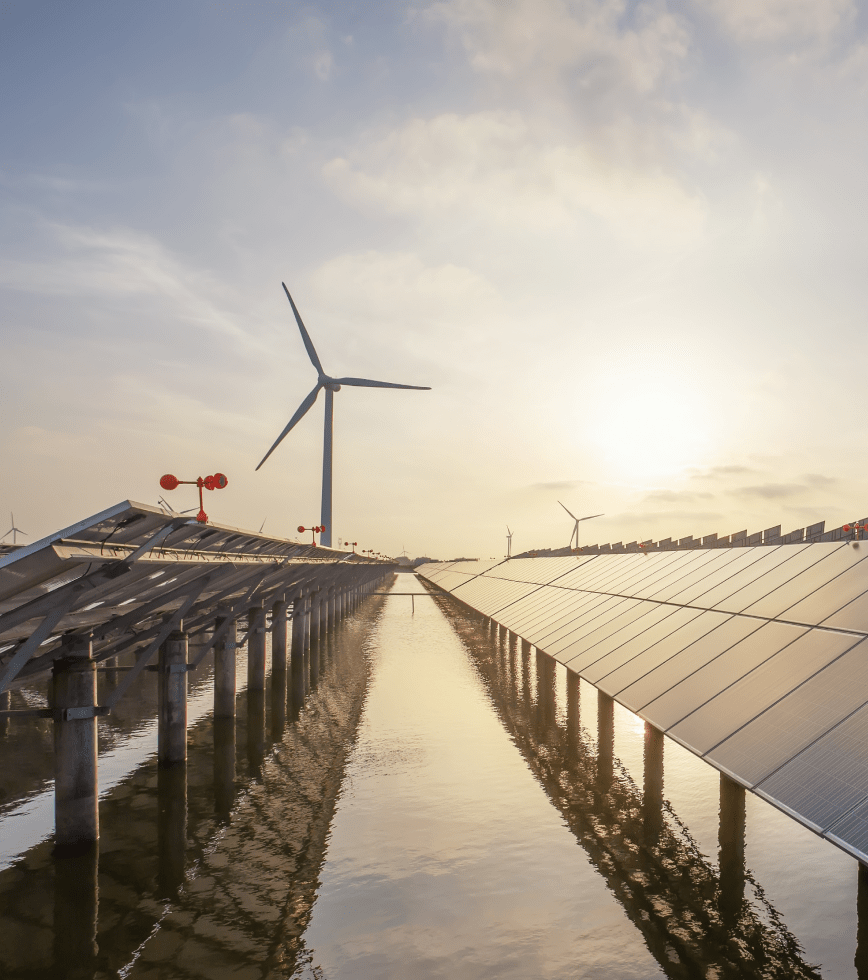
Increase wind and solar energy
Declining costs of wind and solar, combined with rising public concerns over emissions and local pollution impacts, are nevertheless slowly beginning to shift the balance away from fossil fuels.
The region added 6.8 GW of wind and solar in 2019, more than in the last 10 years combined, driven mainly by over 5 GW solar in Vietnam, which accounted for over 80% of additions. Still, wind and solar account for less than 2% of power generation in the region. In contrast, 11 GW of fossil fuels were added in 2019, and nearly 85 GW over the past decade (IRENA, 2020).
The project Clean, Affordable and Secure Energy
The project Clean, Affordable and Secure Energy for Southeast Asia (CASE) aims to drive change in the Southeast Asian power sector towards an increased ambition with regards to climate change mitigation. The programme focuses on the four largest countries of the region in terms of population: Indonesia, Vietnam, Thailand, and the Philippines. The four countries represent nearly three-quarters of total power generation in Southeast Asia, and account for about 72% of the region’s GDP and for 82% of its population. The energy development of these countries will therefore have a major impact on the ability of the region to meet both development and sustainability goals as well as globally to meet the goal of the Paris Agreement.
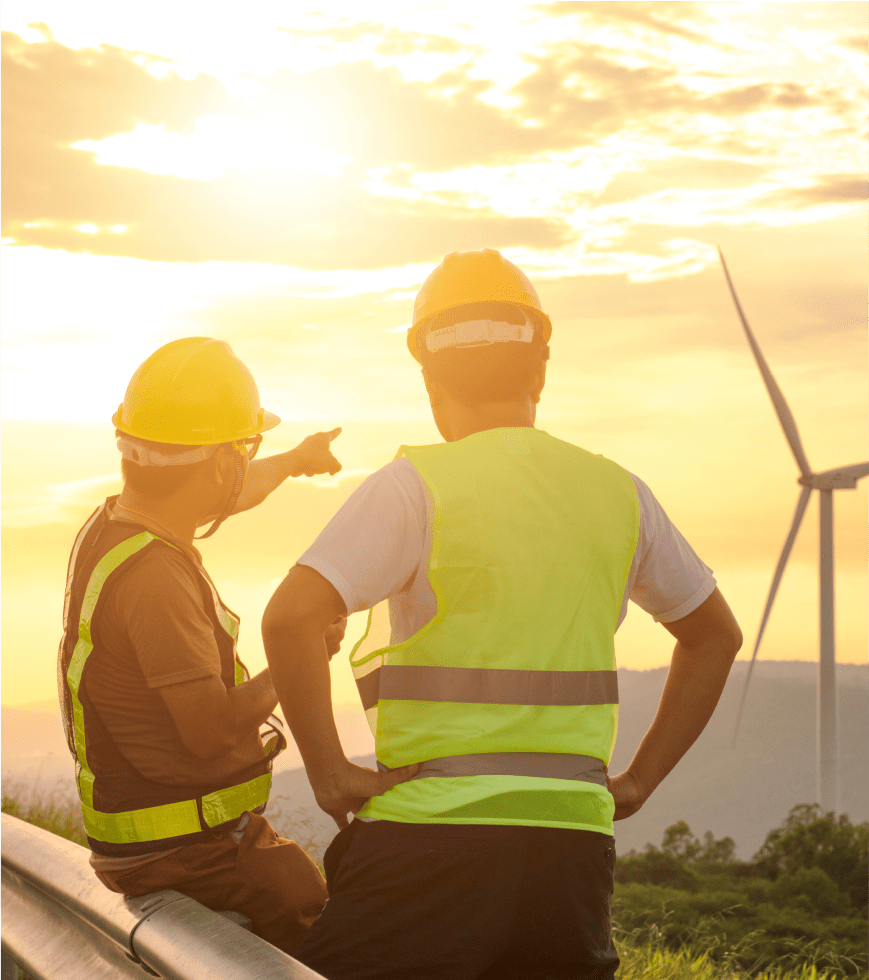
Our Objective
CASE Project objectives
The CASE project objective is to propose evidence-based solutions to the challenges that decision-makers are facing and to build societal support around those solutions in the region by applying a joint fact-finding approach to narrow areas of disagreement through the involvement of expert analysis and dialogue. CASE furthermore aims at supporting coordination in the SEA power sector by providing technical and policy support and facilitating dialogue concerning energy issues.
What we do

Five output areas have been defined to reflect key elements that are required to achieve a narrative change and drive the energy transition in the power sector:
Research Clean Energy
research to provide evidence-base for an informed energy transition.
Transparency
transparency to maximise synergies, ensure efficient allocation of resources and allow better tracking.
Build Trust
dialogue with stakeholders beyond the energy sector to build trust and ownership and engage them into the energy decision-making process.
Provide Assistance
technical assistance to strengthen capacities of energy stakeholders in the region; and
Good Communication
communication to back the public’s opinion, provide better information to the public and contribute to turn the energy debate into a political topic owned beyond the specialist.
Who we are

CASE is implemented on behalf of the German Federal Ministry for Economic Affairs and Climate Action (BMWK) from 2020 to 2027 and is driven by strong regional cohesion.
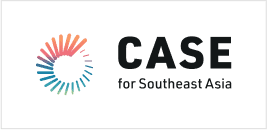
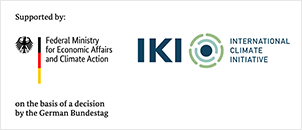
The implementing consortium is made up by seven organisations led by the German international cooperation and development agency GIZ GmbH, two international and four local expert organisations.
In September 2022, the IKI Independent Complaint Mechanism (ICM) was introduced to enable people who suffer (potential) negative social and/or environmental consequences from (IKI) projects, or who wish to report the improper use of funds, to voice their complaints (anonymously). The objective is to avert or minimize possible damage and initiate effective countermeasures. It follows established international standards for international accountability mechanisms.
All information and further explanation may be found on the IKI ICM website.
We also have a wide range of partners.
There is also close collaboration with a wide range of partners ranging from government and public sector stakeholders to civil society organisations, broader civil society, financial organisations and investors, and the private sector in the energy field.

CASE is an aligned programme of the
Energy Transition Partnership (ETP)
CASE is an aligned programme of the Energy Transition Partnership (ETP), an alliance of international donors, philanthropies, and partner governments established to accelerate energy transition and to support sustainable development goals in Southeast Asia. The ETP is focusing on strengthening the policy environment for energy efficiency and renewable energy, increasing public and private investment flows, accelerating the integration of variable renewable energy into the grid, building local capacity and knowledge, and fostering public awareness of the importance of energy transition. CASE is providing active support at different level of this initiative to ensure complementarity and coordination that the countries request and need to increase their ambitions.

